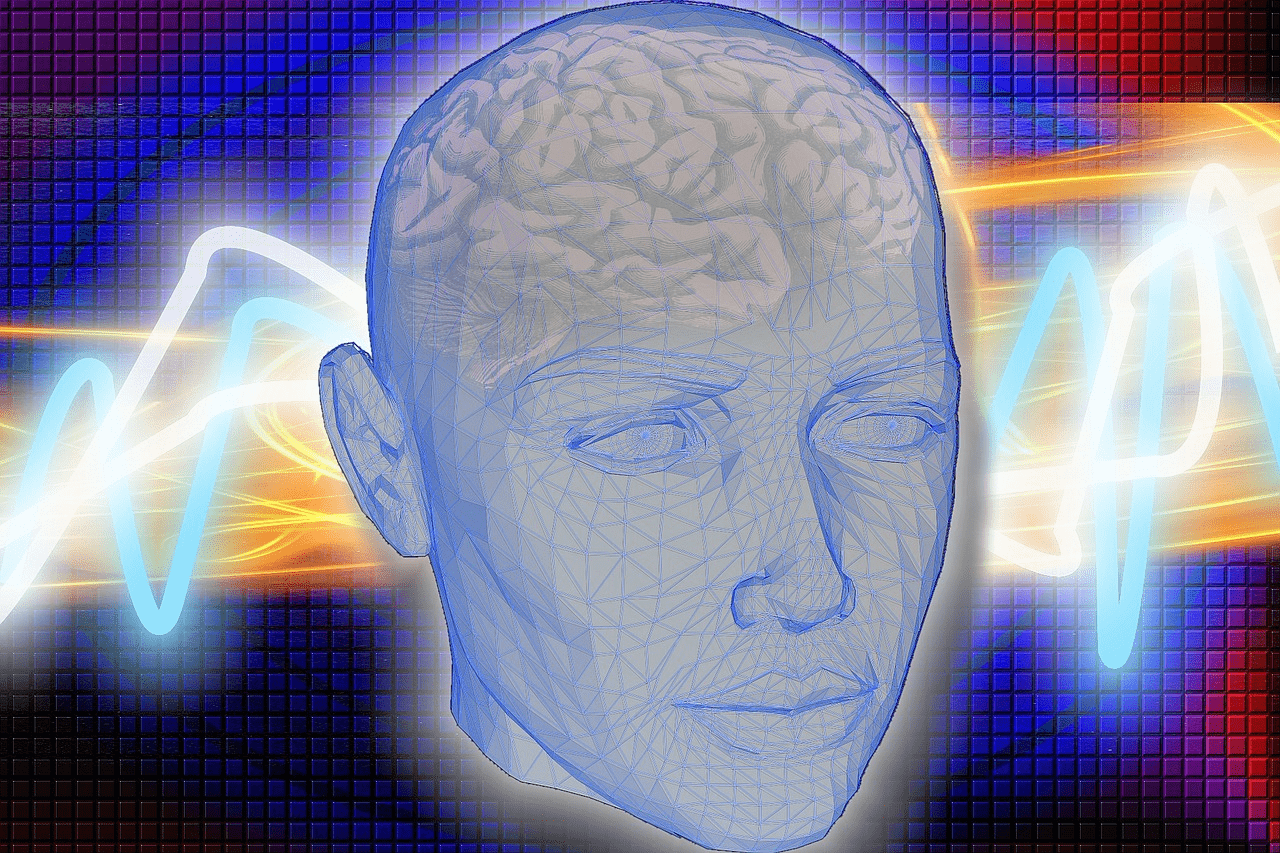Oct 27
2020
Maintaining Mental Health During Rehabilitation After Head Injury
Although most individuals who sustain a traumatic brain injury find themselves to be able to return to their normal lives as soon as possible, there are some unfortunate cases that require rehabilitation after traumatic brain injury. Individuals who sustain a brain injury and need long term care must have rehabilitation services that are geared toward maintaining their mental health throughout their recovery process. There is a need for individuals to understand what rehabilitation will entail during this time.
Cognitive Rehabilitation
The first phase of long-term rehabilitation is the phase known as cognitive rehabilitation. This phase addresses issues that can affect the individual’s ability to think critically and problem solve after sustaining an injury. Cognitive rehabilitation involves helping individuals learn how to use their thoughts to deal with the daily demands of life. It is imperative that those who sustain a brain injury be able to manage stress and other negative emotions.
Behavioral Rehabilitation
The second phase of cognitive rehabilitation is known as behavioral rehabilitation. This phase works to improve communication, self-care, and emotional control. When an individual who has suffered a traumatic brain injury learns how to better interact with others, they will be able to increase their ability to function on a daily basis.
Another important aspect of behavioral rehabilitation is physical rehabilitation. Individuals must be able to regain strength and function on a daily basis if they are going to be able to maintain their independence. They will also need to be able to take care of themselves while they are still recovering.
Psychiatric Rehabilitation
The third part of long-term rehabilitation is called psychiatric rehabilitation. This phase deals with learning how to cope with depression, anxiety, anger, and other negative emotions. These emotions can have adverse effects on the recovery process and should be treated accordingly.
All of these phases of long-term rehabilitation require professionals that know how to work with individuals with different needs and levels of difficulty. Long-term rehabilitation does not have to be a difficult experience if an individual is well prepared to take on this challenge.
Long-term rehabilitation following traumatic brain injury is one of the most complex and difficult things a person can go through. It takes hard work and commitment from the victim and his or her family members. This is why it is imperative that an individual has someone to guide them throughout their recovery process.
Maintaining mental health during rehabilitation after head injury can be done in a number of ways. Family members can be supportive and encouraging. There are several support groups that offer a safe environment to help those that suffer from long term brain injuries get through their journey.
Mental health is one of the most vital components of the rehabilitation process. Those who are involved in rehab can learn a lot about maintaining mental health during this difficult period. By understanding the importance of dealing with emotions and coping with the physical symptoms of traumatic brain injuries, victims will be able to deal with their life more effectively.
Head injury rehabilitation is a complex process that can have a myriad of legal problems attached to it.
Mental health is just as important as physical health when an individual is suffering from a traumatic brain injury. People that are dealing with traumatic brain injuries will need all the help that they can get to help cope with their new-found abilities and learn how to function in their surroundings.
Reach out and contact a personal injury lawyer today if you have legal concerns. The Law Firm of Hipskind & McAninch, LLC is here to help.

Thank you for talking about this. Many people don’t even realize that a person who has a head injury can change. This applies not only to behavior, but also to character in general. The brain is the most complex and poorly understood part of our body, so when you damage it, the consequences can be very serious. And in order for a person to return to normal life after such a trauma, it takes time and a lot of effort. Therefore, helping with such a problem is one of the prerequisites for a successful recovery.
Very interesting article and important to talk about it! I think a decent spot to begin given the current circumstance would pick exercises you appreciate that include these intellectual capacities. This could include perusing, playing computer games, composing or perhaps having meaningful discussions. On the off chance that any of your top choice or day by day exercises are restricted from the TBI, perhaps separate them into their segments and start there. Challenge yourself, however, don’t try too hard by any stretch.
Do you have the methods for reaching a recovery nearby professional? On the off chance that you could, conversing with an OT, mental attendant, clinician, and so on, might point you the correct way.